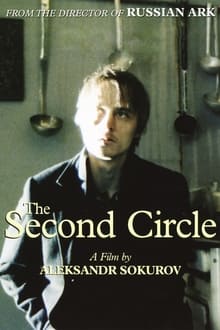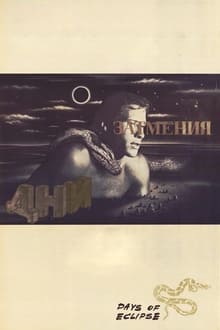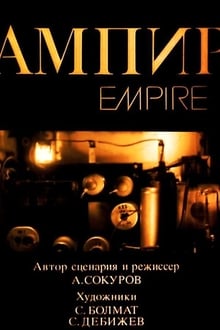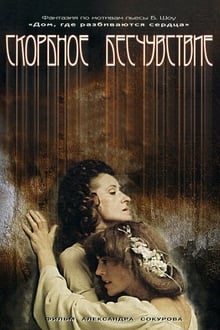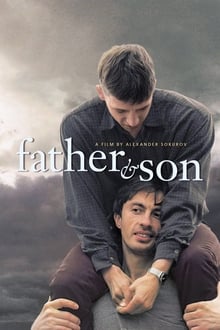A man tries to come to terms with his father's death and to deal with the mundane details of his burial in a society cut off from spirituality.
Marjanov, a fiatal orvos egy vidéki türkmén városban kap állást. A keleti egzotikum, a különféle kultúrák egymás mellett élése különös létszférákat és szellemi dimenziókat tár fel a meditációra amúgy is hajlamos fiú előtt. A dokumentarista pontosságú közegábrázolásból történő izgalmas gondolati elrugaszkodásokban eredeti módon ötvöződik a rendező egyidejű vonzalma a tényszerűség és a bölcseletiség iránt.
A rich woman accidently comes across a conversation on the phone about people talking about a murder.
The action in this lavishly produced film takes place at an oddly ark-shaped mansion during World War I, and in spirit (although not in story) it reflects the play which inspired it, the ferociously antiwar Heartbreak House by George Bernard Shaw. A large group of family and friends have gathered at this country house to dance, drink, and converse. Their conversation, in particular, is adorned with erudite literary references and quotations. Despite their apparent refinement, their preoccupations are simple: sex and violence. Disquieting images break the tranquility of the vacationers' inappropriate idyll: some of these include documentary footage of starving African children, images (both real and re-enacted) of George Bernard Shaw going about his daily life, and a corpse coming to life on an autopsy table, only to cheapen that miracle by scolding a group of women. The music used in the film ironically points to its disturbing message and is uniformly anachronistic.
Set in the early 1920s after the end of the Russian Civil War, Red Army soldier Nikita returns to his hometown to see his partner Lyuba, both of whom are scarred by the trauma of the Russian Empire of yesteryear.
Apa és fia együtt laknak egy padlástérben, mindegyikük a maga világában, külön-külön. Néha úgy tűnnek, mintha testvérek volnának, néha meg úgy, mintha szeretve "szeretők". Különös együttlét az övék. Anya és fia között ilyen nincs. Férfiasan rivalizálnak, birkóznak, szeretnek és gyűlölnek. Alexej apja nyomdokain jár, a katonai iskola hallgatója. Szeretne olyan bátornak tűnni, mint apja, s olyan férfiasan élni, létezni, de alapvetően gyenge fiúalkat, aki félénk a lányokkal. 1997-ben az érzékeny lelkületű orosz rendező, elkészítette poétikus hangvételű filmesszéjét az anyák búcsúját a fiak szemével. Semmihez sem hasonlítható csendfilmet hozott létre. Több évvel később folytatja, s elkészíti ősei előtti tisztelgését, csak most az apák és fiak felé tekint.
Egy idős tanár különös módját választja a második világháború körüli nyugtalanság oldásának. A nyugdíjas oktató élete alkonyán összehívja születésnapi ünnepségére egykori diákjait, akik azóta felnőtt férfiakká és nőkké cseperedtek.
If you'd like to have a copy of this list exported to a CSV, click the "Export" button below. We will create the export and send it to you via email. Depending on the size of your list, this can take a few minutes to complete.
